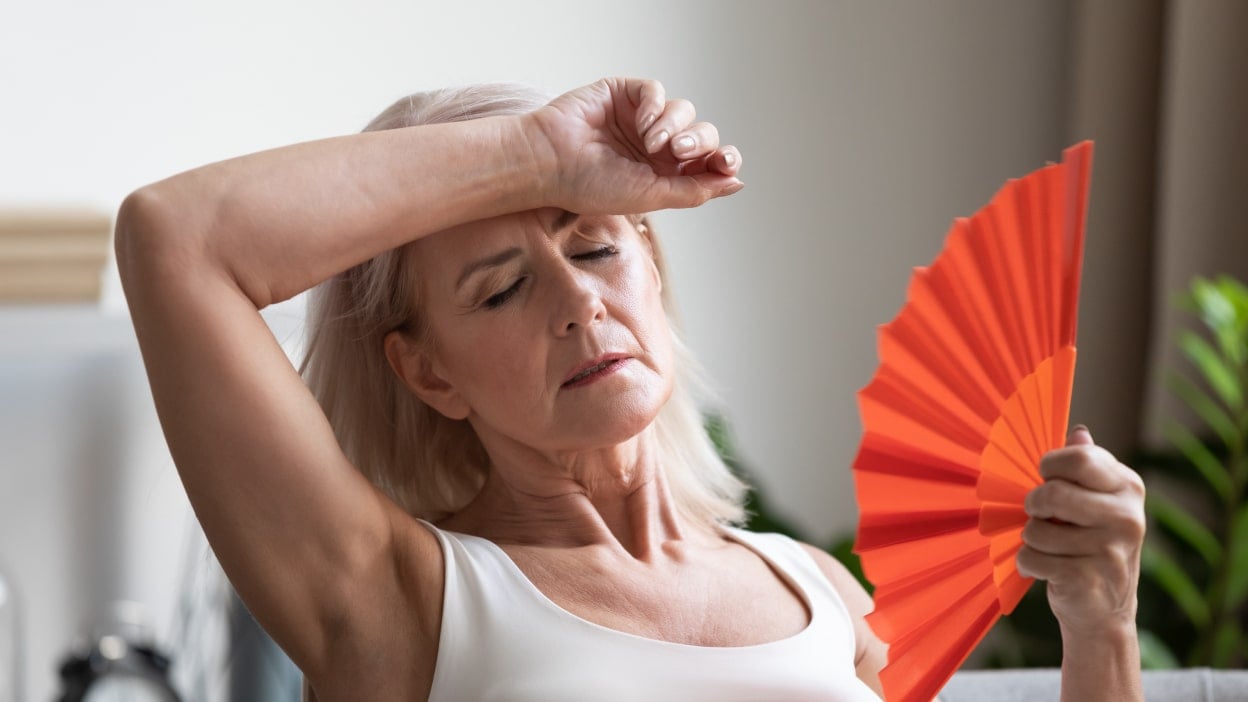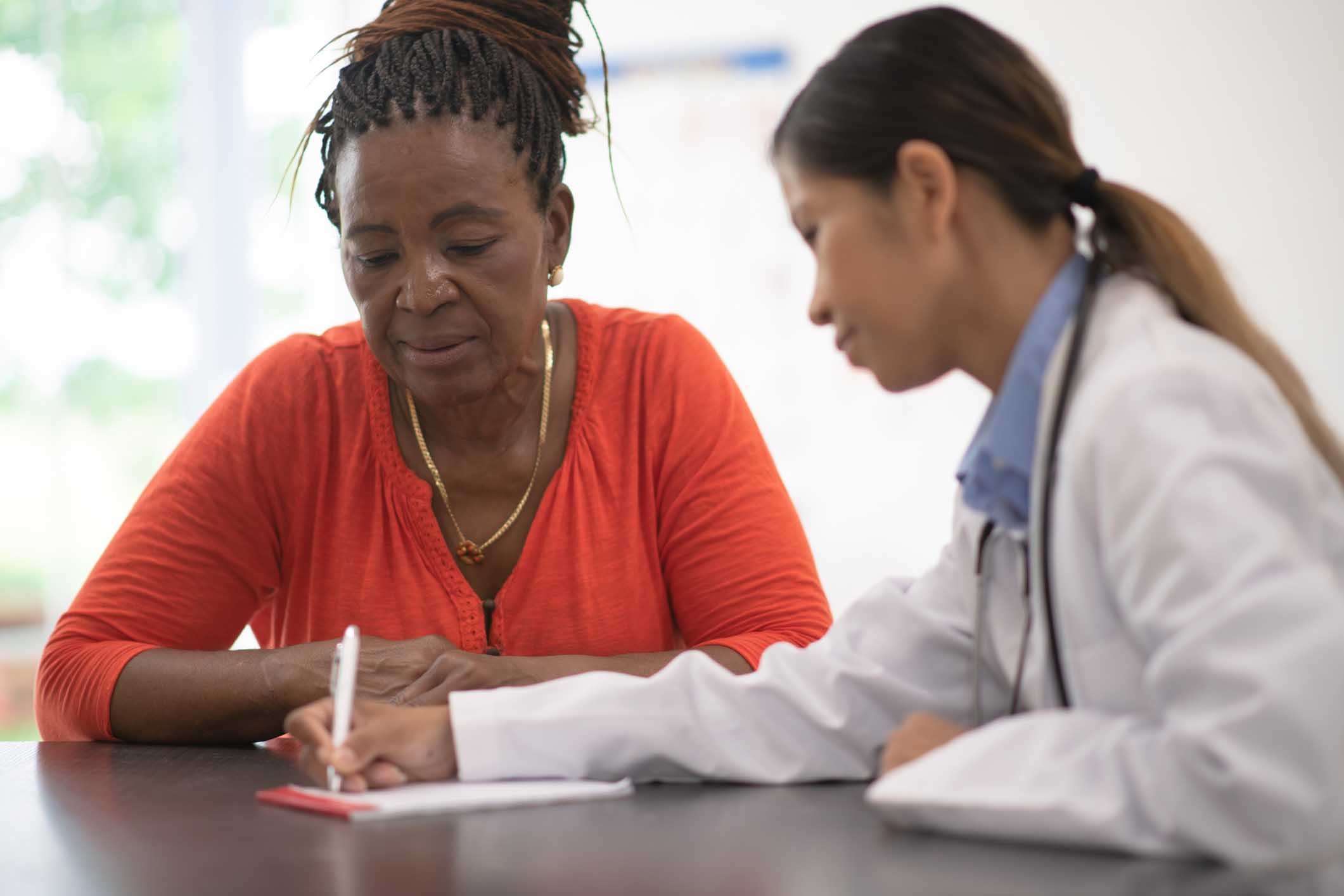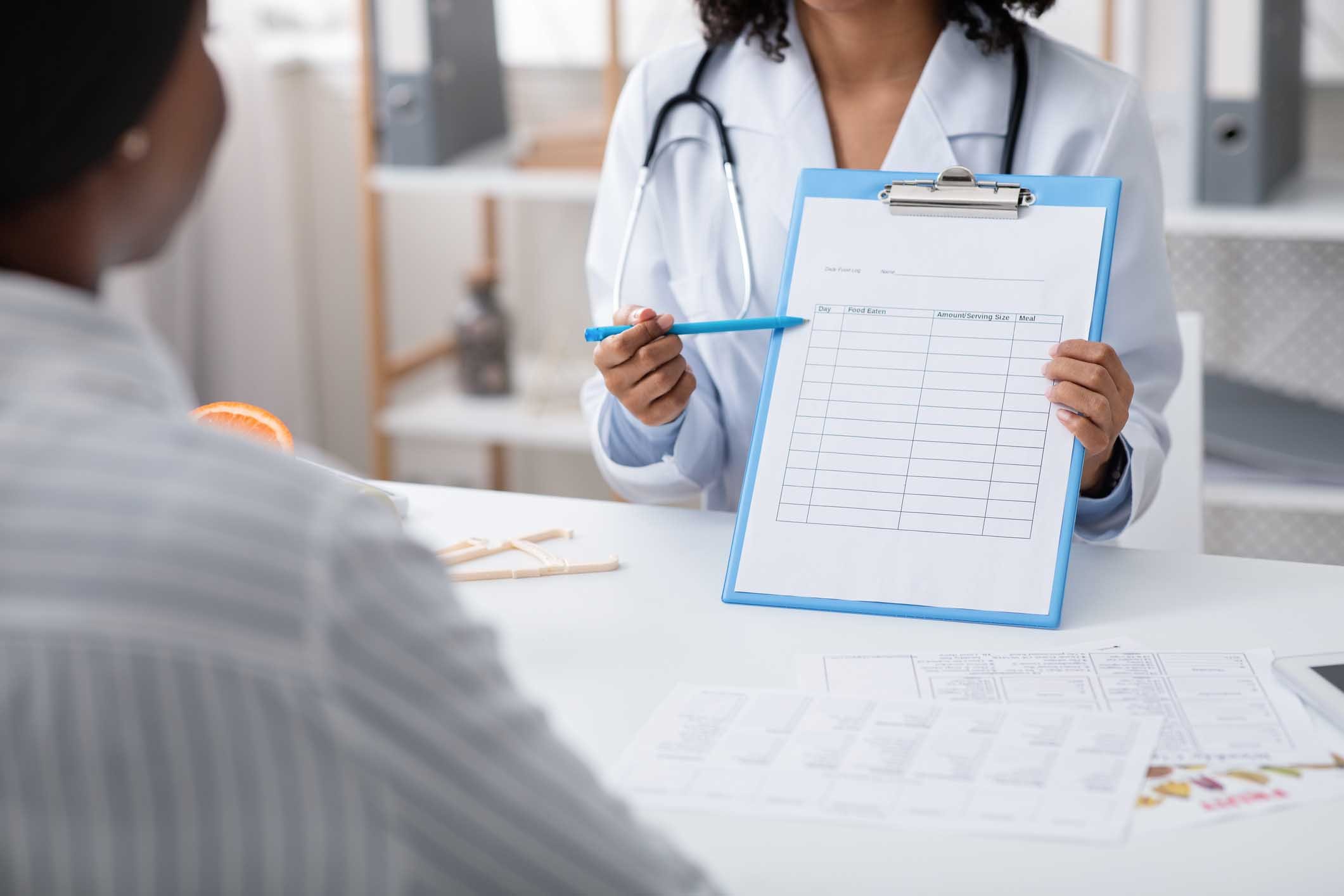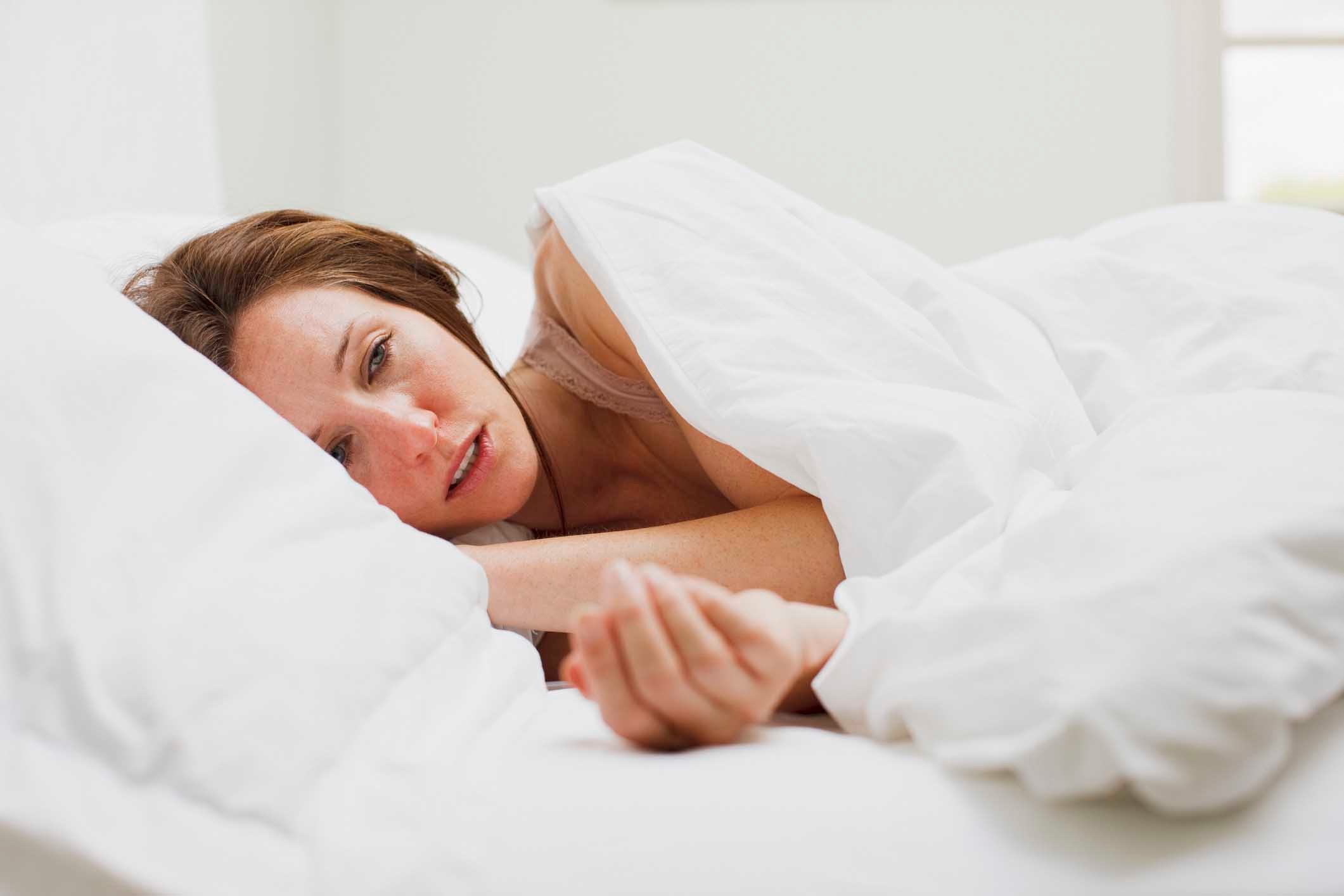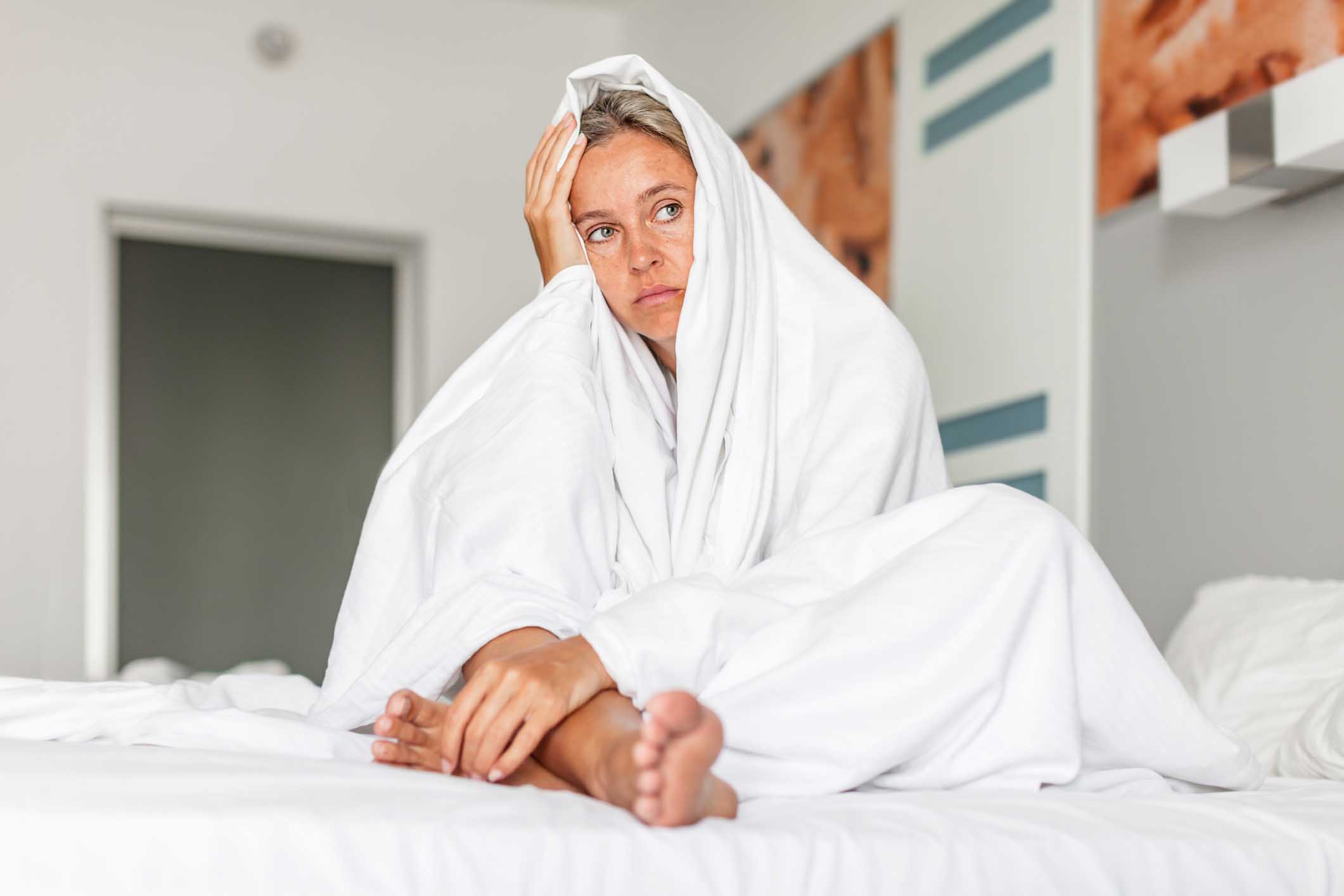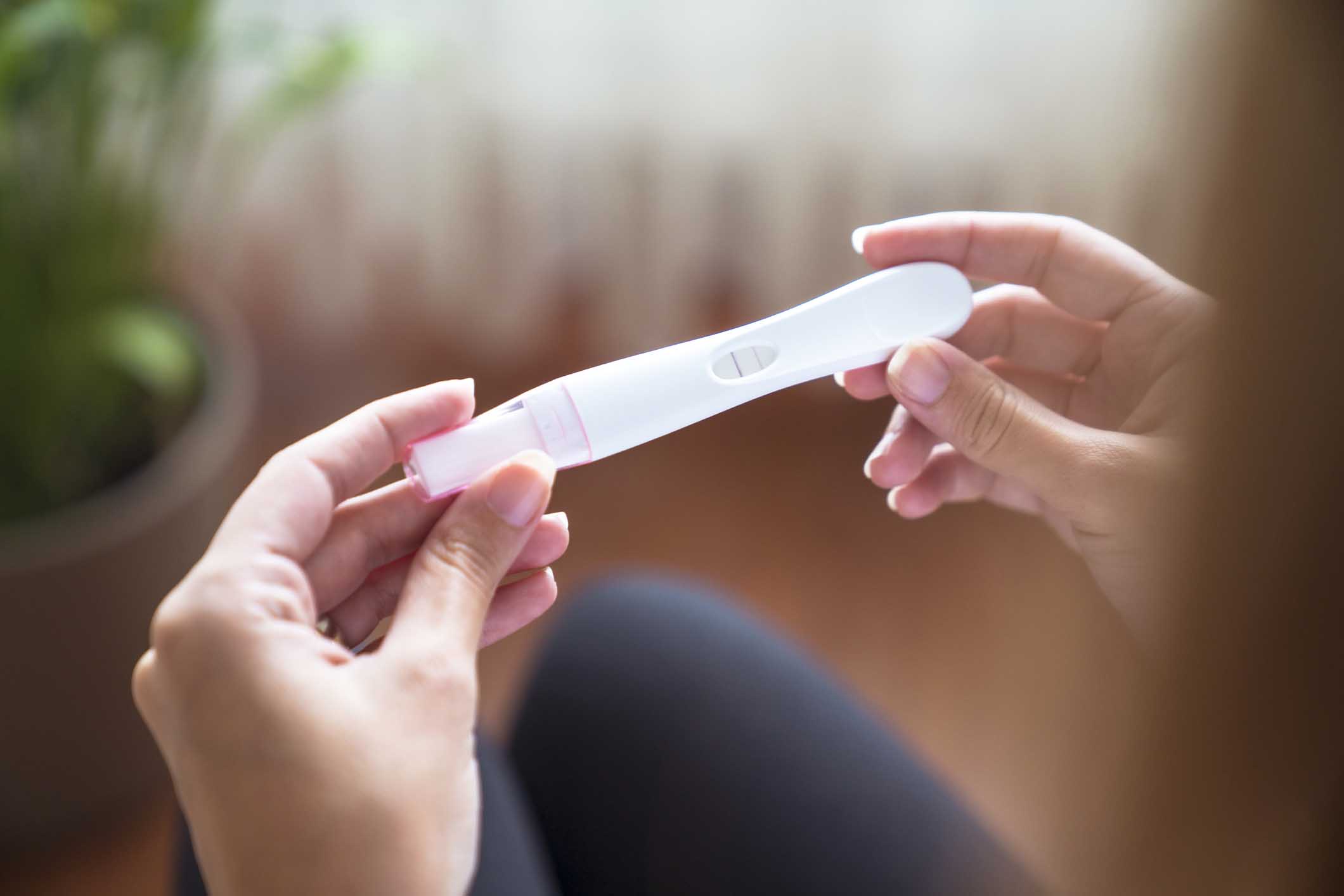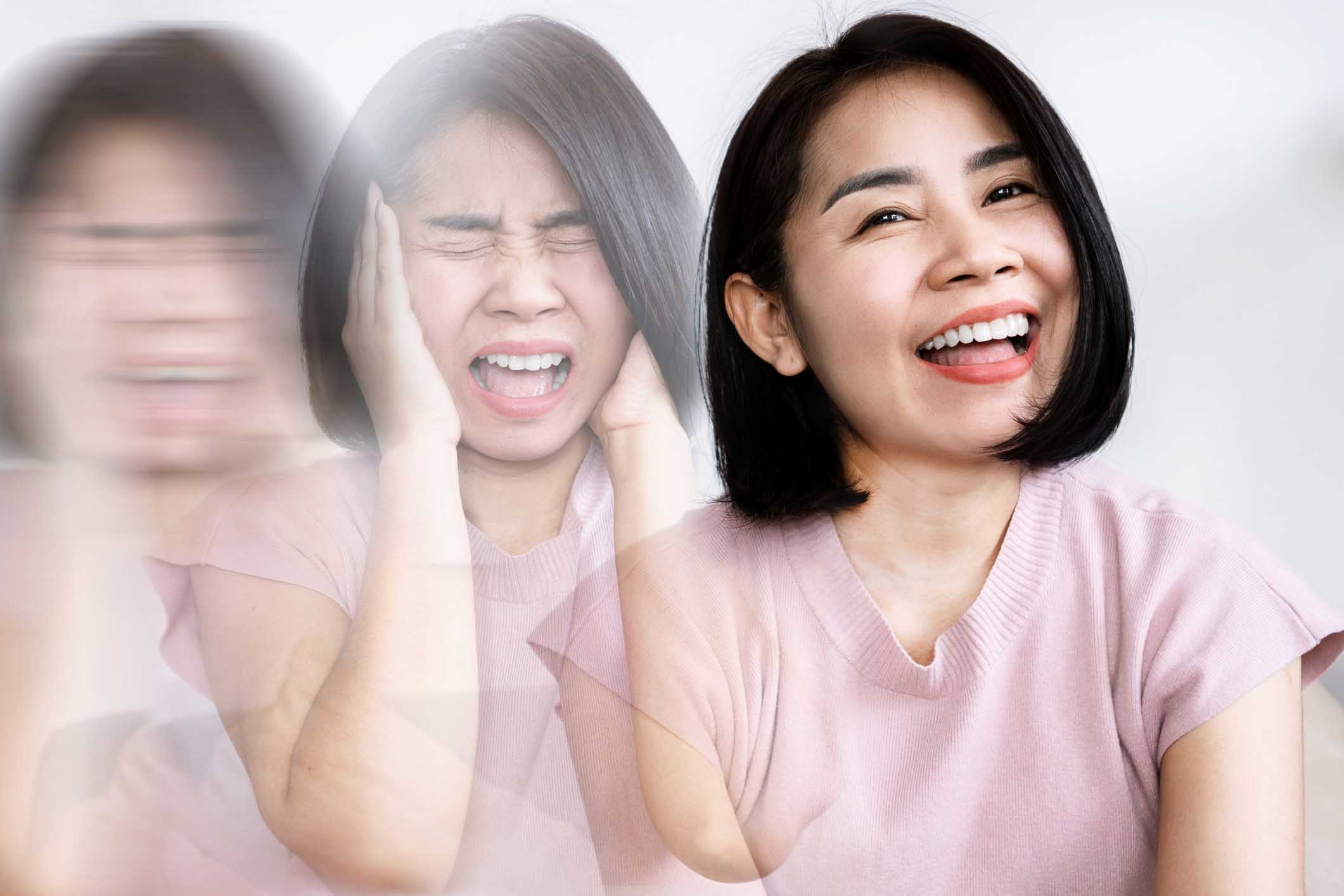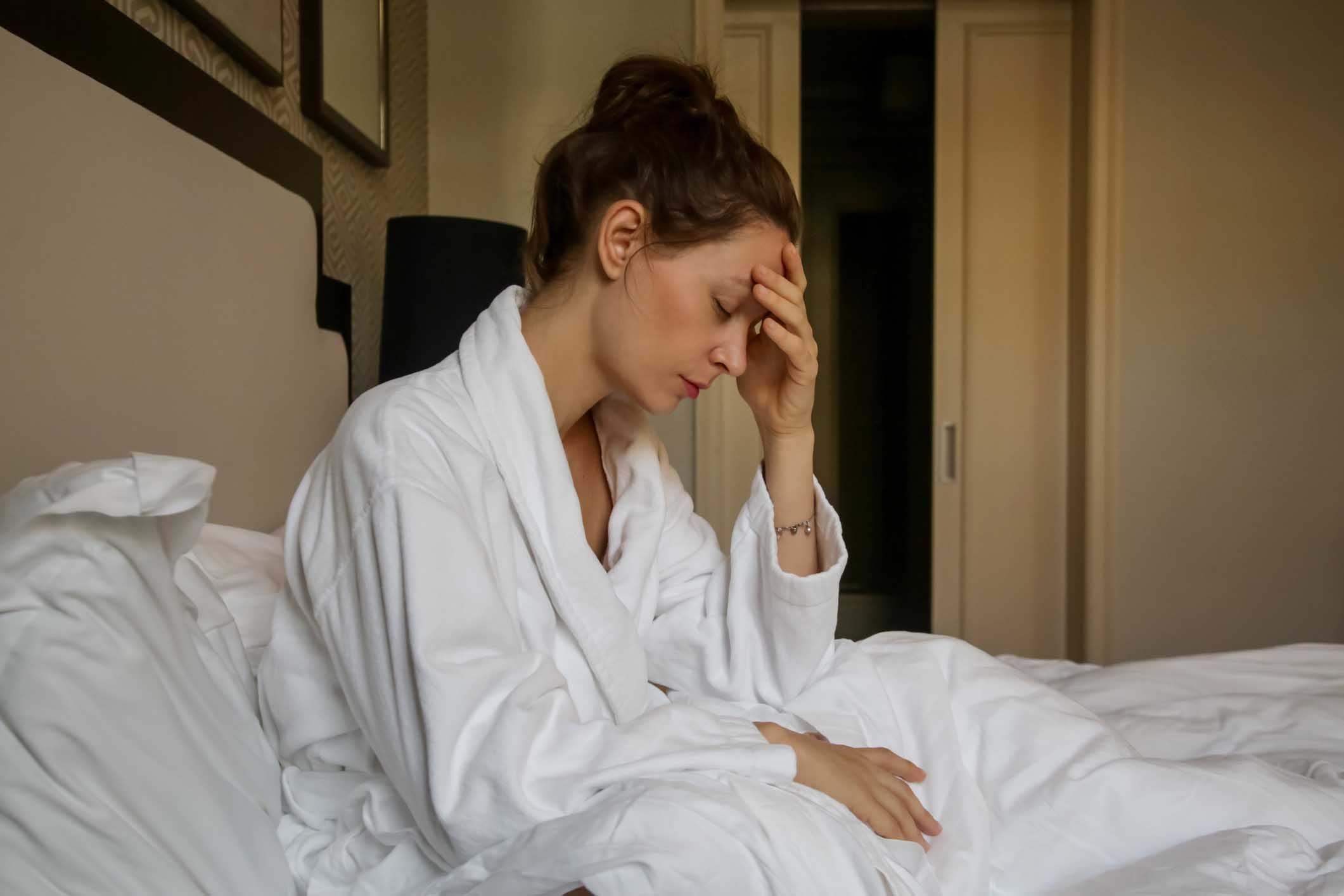How Do You Treat Vaginal Dryness and Atrophy?
How Do You Treat Vaginal Dryness and Atrophy?
“Is there anything that can help alleviate vaginal dryness, or do I just have to live with it? What is vaginal atrophy? Am I the only one? Are there any risks or side effects of treatment?”
As an OB-GYN, I frequently hear these types of questions from patients experiencing vaginal dryness. Vaginal dryness, or atrophy, is when the vaginal lining thins and creates less natural lubrication, due to a decrease in levels of the hormone estrogen. This decrease in estrogen can be brought on by menopause.
To manage menopause and vaginal dryness, it’s best to act quickly because if left untreated the condition will only worsen. The earlier you take action, the easier vaginal dryness is to improve.
What Causes Vaginal Dryness and Atrophy?
You may be wondering, why am I dry down there all of a sudden? Estrogen keeps the cells of the vaginal lining healthy and able to lubricate naturally. But during menopause, when our ovaries stop producing estrogen, many women experience vaginal dryness.
The most common vaginal dryness symptoms are discomfort, inflammation and irritation, especially during sex. Vaginal dryness and atrophy may also lead to pain while urinating, increased urination urgency, incontinence and recurrent urinary tract infections.
Prior to menopause, vaginal dryness can also be caused by certain medications or conditions that change our natural hormones, such as breastfeeding. Since breastfeeding is a naturally low-estrogen state, vaginal dryness and atrophy are common during that postpartum stage. Larger perineal tears or episiotomies during delivery can also increase the likelihood of vaginal dryness postpartum.
For women going through menopause, estrogen levels are essentially depleted and need to be replenished – this is typically done through prescription treatments that replace estrogen in the local vaginal area to restore the health of the vaginal lining.
However, no matter the life stage, there are steps you can take today to treat vaginal dryness through safe and effective treatments. Let’s take a closer look.
Prescription Treatments
Thankfully, we live in a time when prescription vaginal estrogen products work easily and safely, such as topical prescription vaginal rings. My patients are consistently surprised and impressed that simple treatments can conquer painful urinary symptoms and improve sexual activity.
3 Over-the-Counter Treatments
If you prefer over the counter (OTC) and products that do not contain estrogen, here are some suggestions for vaginal dryness treatment:
Hyaluronic acid suppositories: Apart from vaginal estrogen products, hyaluronic acid suppositories are the next best solution. They work similarly to the hyaluronic acid serums we use on our face, but are formulated for the vagina. There is good evidence that using them 2-3 times per week can improve vaginal dryness and irritation.
OTC vaginal moisturizers: Certain gels such as Replens may work better than other vaginal moisturizers, depending on the ingredients and personal skin sensitivities. Coconut oil and VMagic are other good options. Just remember – vulval moisturizers should only be used externally.
Vaginal lubrication: Using a vaginal lubricant, especially during sex, can also help manage the effects of vaginal dryness. Silicone-based lubes have an excellent consistency and last longer than water-based lubricants. If latex condoms are NOT needed, oil-based lubricants are a great option to alleviate painful intercourse.
5 Natural Ways to Treat Vaginal Dryness and Atrophy
Natural treatment options for vaginal dryness and atrophy can also serve as alternatives to medications and topical applications. Plus, you don’t have to leave your home to take action!
Pelvic floor physical therapy: This form of physical therapy can help strengthen and relax the pelvic floor muscles to improve overall vaginal dryness symptoms. There are a variety of methods a pelvic health physical therapist can use to improve pelvic health, such as Kegel exercises.
Sexual activity: There is some truth to the saying, “if you don’t use it, you lose it” when it comes to vaginal health. Regular sexual activity – whether with a partner or solo – can help maintain normal function and lubrication.
Exercise: Regular exercise is often helpful for general period and menopausal symptoms, and while it may not improve vaginal dryness directly, it is part of a holistic approach to overall health.
Diet: A balanced diet can improve all aspects of the body, including vaginal health. Drinking enough water, consuming more fruits and vegetables, grains and “whole foods” can optimize how our cells and hormones work together.
Hydration: Simply hydrating with enough water can work wonders for our bodies, including the maintenance of our vaginal lining.
You may have also heard of specific vitamins to increase female lubrication, but buyer beware – there is no evidence to prove the efficacy of these feminine dryness remedies.
3 Insights for Happy Vaginal Health
Even when vaginal dryness and atrophy are under control, I still recommend three best practices for your overall vaginal health:
Bypass irritants: Though it’s tempting to indulge yourself with scents, soaps, bubble baths and fabric softeners, these products can often be irritating down there.
Don’t douche: Douching can disrupt the natural vaginal microbiome and worsen symptoms.
Wear dry, breathable fabrics: Don’t wear clothes that are too tight. Change out of damp clothing, underwear or pads frequently to stay dry. For women who wear Poise® pads for protection against bladder leaks, replace pads often to keep skin fresh and clean.
Please – don’t be afraid to mention any vaginal health concerns to your doctor. We hear these questions often, so nothing is “TMI” for us. There are many simple solutions available for women to help you improve both vaginal dryness and atrophy.
# # #
Author Summary: Dr. Staci Tanouye, MD, board-certified OB-GYN is a physician in a private practice and an expert in adolescent health, sexual health, reproductive health, and menopausal health. She has become one of the leading gynecologists on social media with the mission to educate women and all people with vulvas to love their bodies through knowledge and empowerment.
Recommended Products
Absorbency Level
Absorbency Level
